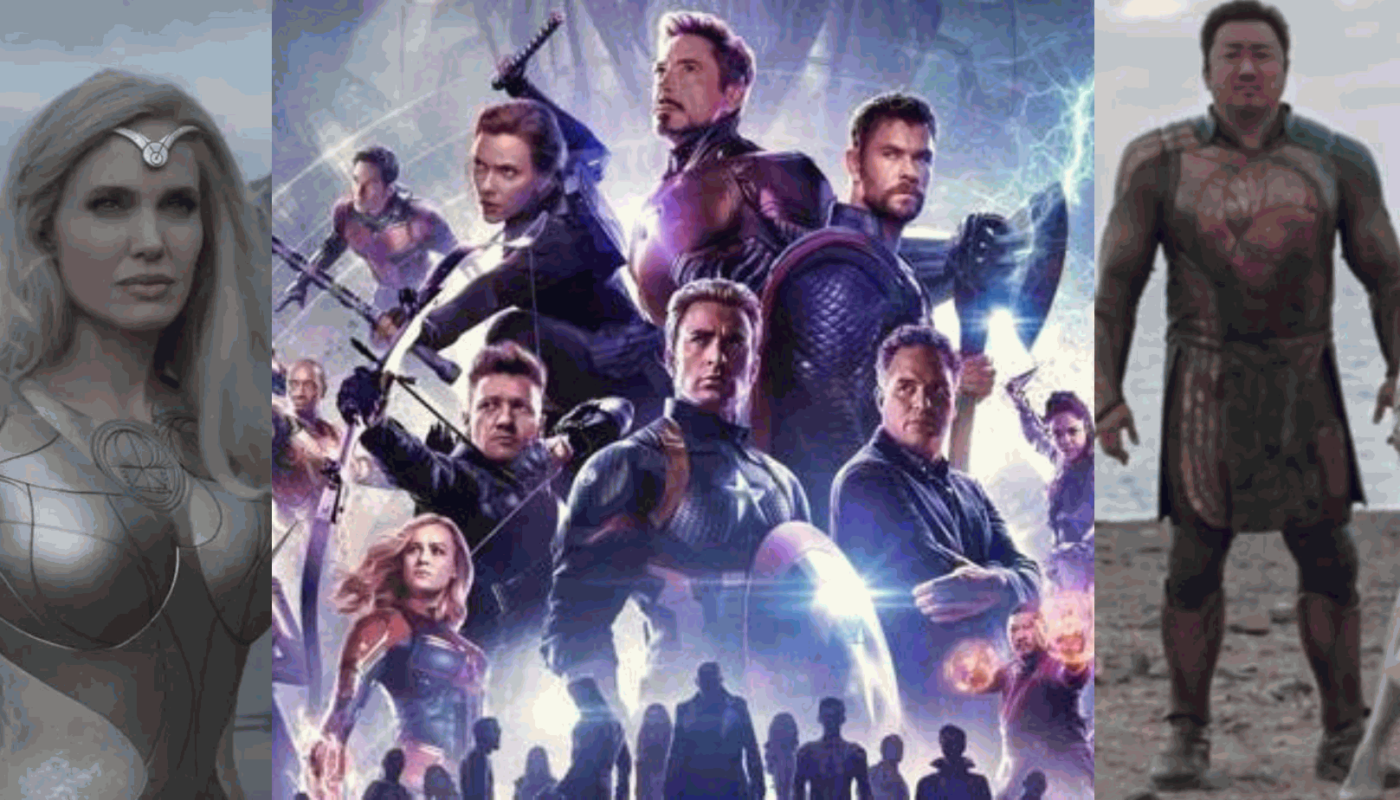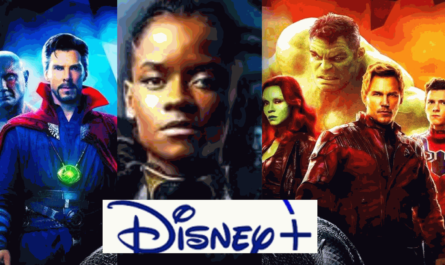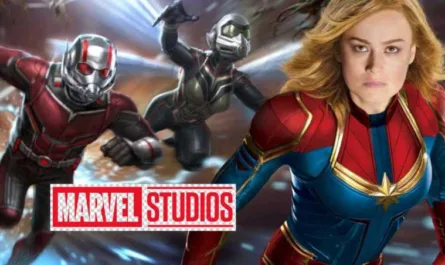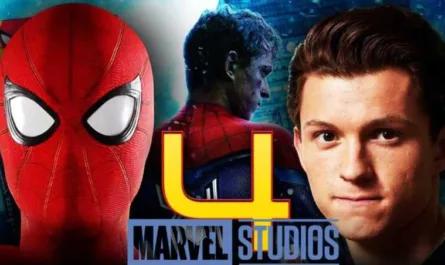After the dramatic Avengers: Endgame in 2019, many of Marvel Studios’ future movies have been met with repeated complaints from fans.
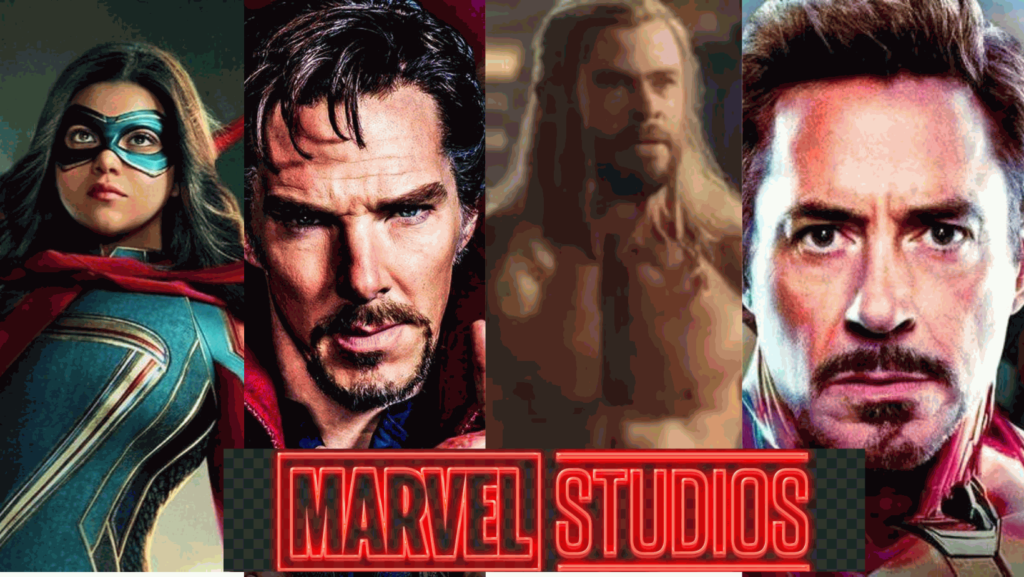
Given that Avengers: Endgame was the culmination of the Infinity Saga and left the MCU to rebuild in the midst of a pandemic and a Hollywood shutdown, some criticism was understandably expected.
But four years have passed since Stark’s breakdown. Since then, Marvel Studios has produced more content than fans could have ever imagined, and some flaws have now persisted throughout the MCU.
With the release of Avengers: Endgame, here is an analysis of the five most significant complaints of Marvel films.
One. Oversaturation
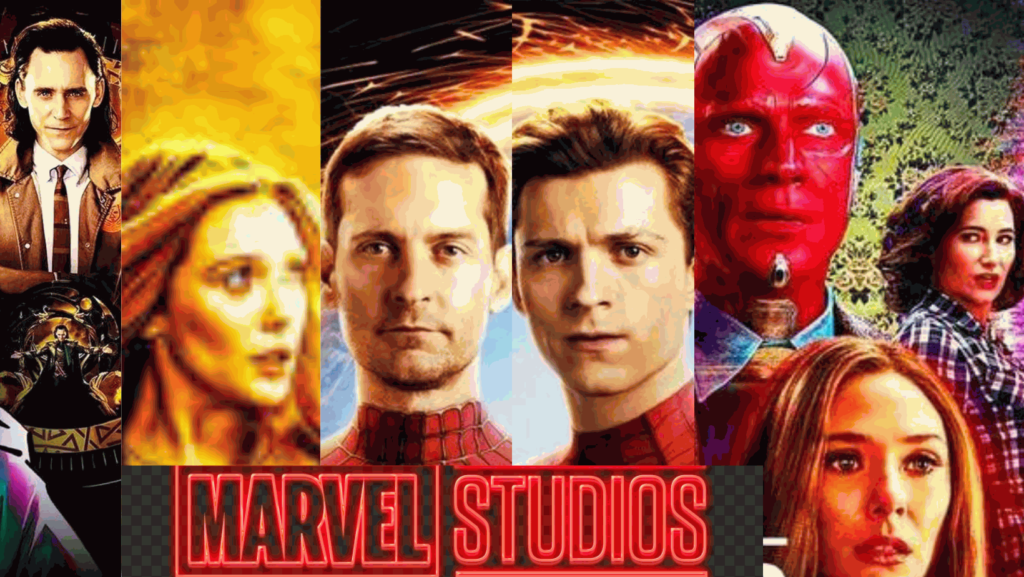
Following the release of Avengers: Endgame, the studio launched more more MCU projects than it had in the past, and at a much faster rate.
The introduction of MCU Disney+ series and Marvel Studios Special Presentations, both of which are integral parts of the franchise’s new overarching Multiverse Saga, are largely to blame for this.
Marvel Studios has produced a staggering 19 MCU productions since Avengers: Endgame, including nine films, eight television shows, and two special presentations. For comparison, Phase 3 (excluding Spider-Man: Far From Home) had 10 films, released over a longer period of time, and had little over half that number.
Audiences and industry insiders have questioned whether the slightly underwhelming reception to the second MCU storyline is due to oversaturation or franchise weariness given the amount of information being supplied across three separate mediums.
After all, Marvel Studios movies have long been regarded as essential watching and cultural phenomena.
Yet it’s understandable that people questioned whether there was already too much of a good thing with the MCU, given the staggering nine films that were released in 2021 alone.
2. Too Independent
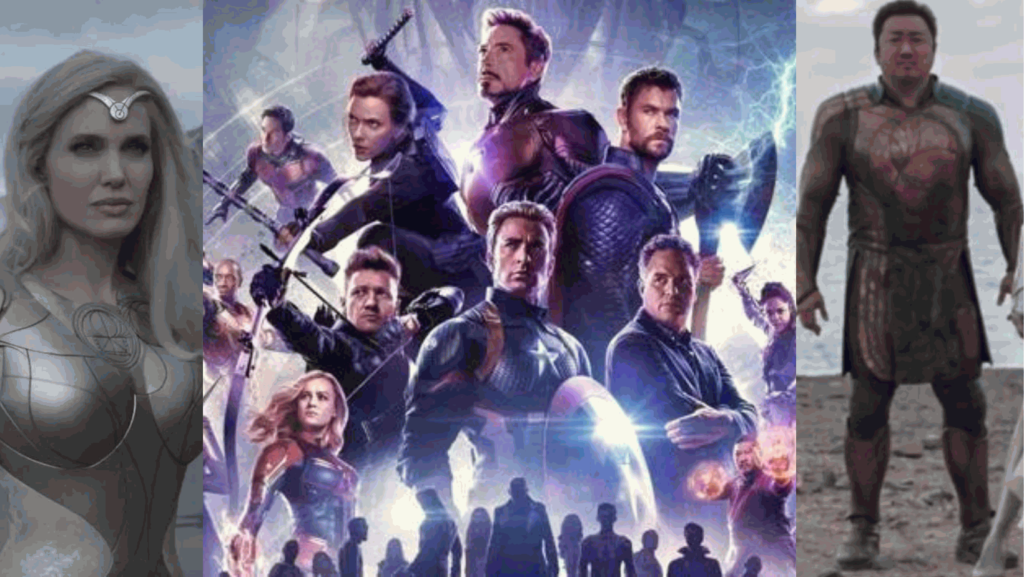
Despite the addition of Disney+ programmes from Marvel Studios that are a part of its new overarching story, some programmes and films have lacked necessary and frequently visible ties.
While Spider-Man: Far From Home and the beginning of Phase 4 were noteworthy, this trend of perplexing irrelevancy started with Black Widow, the first movie in Phase 4.
Black Widow’s status as a pre-Infinity War prequel dramatically lowered its stakes despite the introduction of Florence Pugh’s Yelena Belova in the eagerly anticipated Scarlett Johansson solo movie.
Another apparent instance is Eternals, which, despite a few Endgame allusions, felt totally unrelated to the overall MCU tale and (so far) made no contribution to the ongoing narrative.
The fact that succeeding MCU projects hardly mentioned Eternals events only highlighted how isolated it was.
This also applies to Moon Knight, Thor: Love and Thunder, and She-Hulk, especially since it’s unclear how their narratives will relate to the wider Multiversal drama.
Multiverse initiatives have also lacked cohesiveness, since we’re on the subject.
After Loki liberated the Multiverse on Disney+, Spider-Man: No Way Home focused on the subject without making any references to the previous seasons, choosing instead to blame a vague miscast spell for its Multiverse guests.
Many anticipated Doctor Strange in the Multiverse of Madness to provide the answers given its title. The 2022 movie, on the other hand, made few allusions to Spider-Man 3 or Loki, instead introducing brand-new Multiversal implications like incursions and dreamwalking.
With just a few hints at a grand plan to tie it all together, the MCU has continued to pose questions rather than provide solutions.
3. Overly Submissive
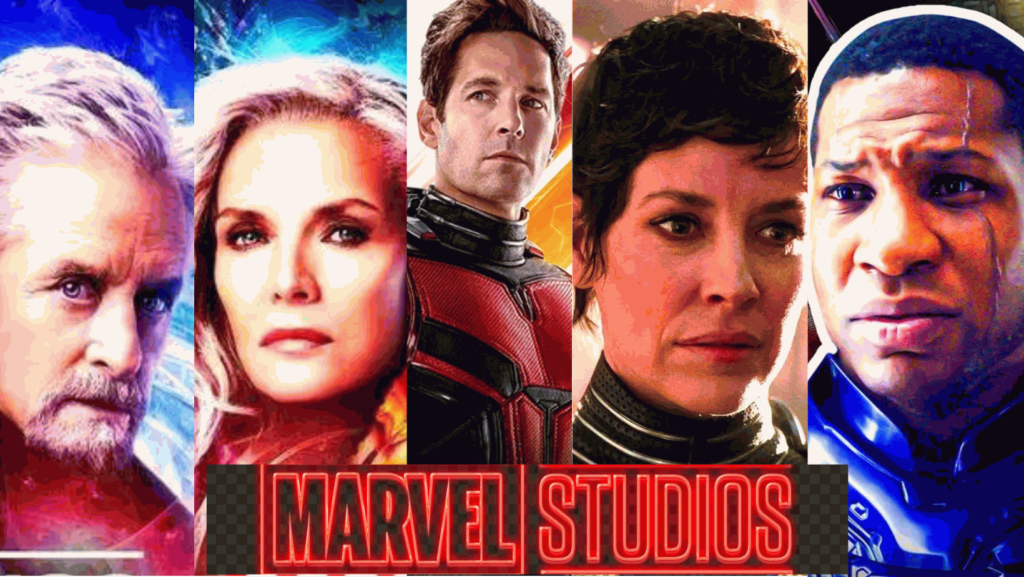
Some of Marvel’s recent ventures have been far too focused on the bigger tale than their own, even if many of them have been too solo.
One of the clearest instances is the most recent MCU film, Ant-Man and The Wasp: Quantumania, which placed more of an emphasis on Kang and the future than it did on the development of the Ant-Man characters or the story of the threequel.
In Black Panther: Wakanda Forever, a few characters and storylines also came off as more MCU requirements than contributions. The same is true of Doctor Strange 2, which attempted to connect Wanda’s story with the expansive idea of the MCU Multiverse.
Phase 4 post-credits scenes are also a problem, as several of them introduced new characters who primarily served to advance the MCU’s ongoing narrative, such Eros in Eternals, Clea in Doctor Strange 2, and Hercules in Thor 4.
4. Subpar VFX
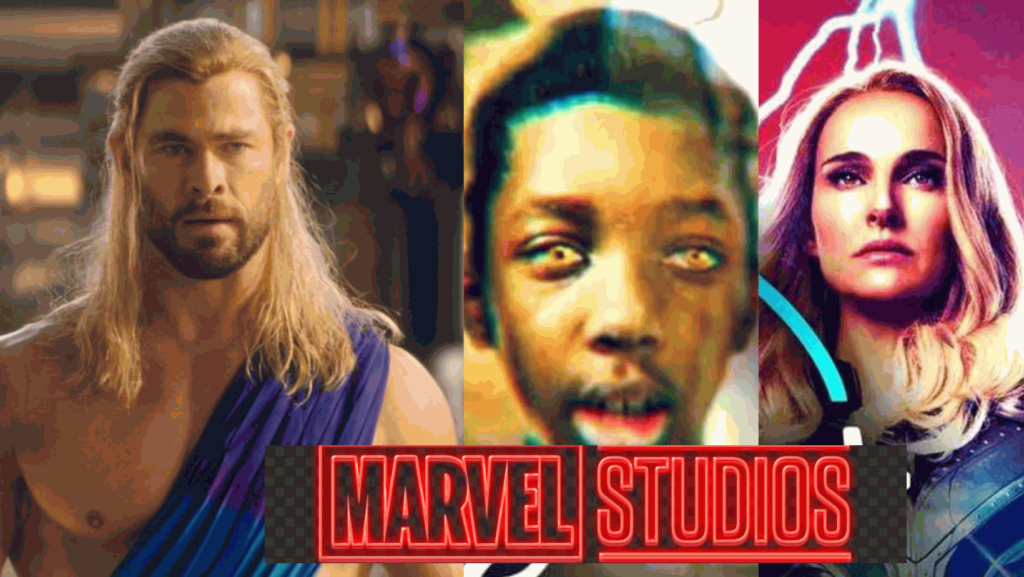
It’s no secret that Marvel Studios and visual effects studios have had a tense relationship lately, and it’s evident.
Audiences have complained about subpar VFX work throughout Phase 4 and into Phase 5 in trailers, finished theatrical releases, and on Disney+.
She-Hulk received special criticism for the rubbery, Shrek-like appearance of its titular character, while movies like Thor 4 and Ant-Man 3 received criticism for their overt use of the Technique.
While some of this can be attributed to Marvel upping its productivity while dealing with a global pandemic, there have been complaints about the studio’s bad treatment.
Fans were ultimately left with a plethora of new projects that were less appealing than the ones that had come before.
5. Ineffective or Unmemorable Action
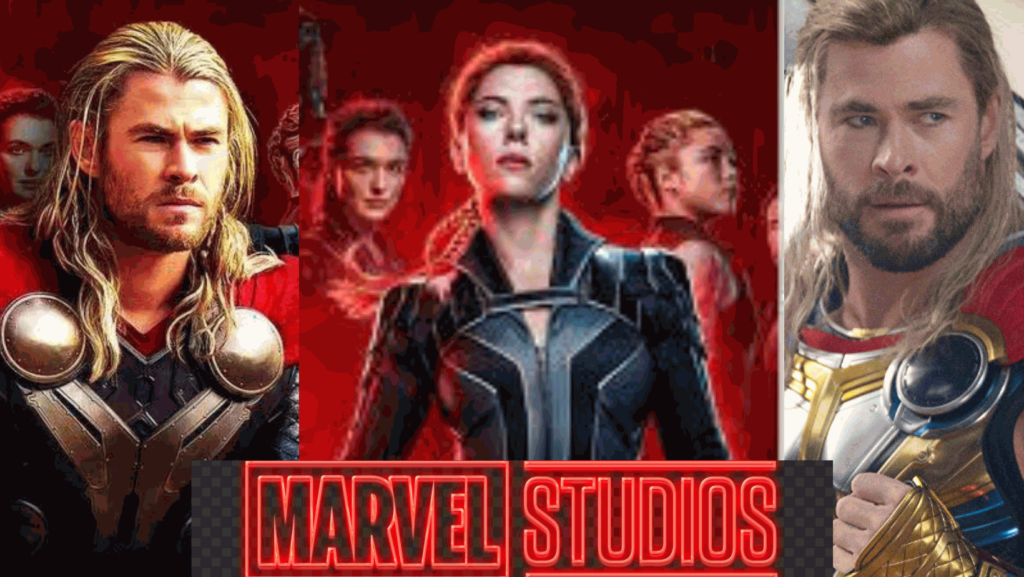
Although MCU stories go beyond simple superhero action scenes, that doesn’t imply they aren’t based on comic books.
A climactic action scene must therefore be effective, especially in the third act.
The issue is that certain recent MCU films and television programmes haven’t upheld this genre guideline.
For instance, the much-anticipated fight scenes in Moon Knight were at best sparse, and She-Hulk: Attorney at Law relied more on comedy than real action.
The combat scenes in Marvel films like Black Widow and Thor 4—which did include significant action set pieces—were not very memorable.
Intriguingly, the bus fight in Shang-Chi and the Legend of the Ten Rings’ opening act received more praise and praise than the climactic combat scene in the film’s third act.
Are There Any Plans to Enhance the MCU?
There is no doubting that these persistent problems are a challenge for Marvel Studios, and they also reinforce one another.
Franchise weariness will undoubtedly result from poor aesthetics, average action, and a lack of narrative focus, especially if Marvel keeps producing movies and TV shows with the same problems.
There are indications that change is on the way, though.
just returned In a move that emphasises quality over quantity, Disney CEO Bob Iger pledged to reduce the amount of projects its franchise studios are generating.
The Marvels, a future MCU movie, was also postponed from a summer release to a November release, which not only showed confidence in the movie but also showed that the company was taking the time to refine its VFX.
With any luck, these choices will provide the MCU the chance to turn things around and get back to the high calibre audiences had been accustomed to prior to Avengers: Endgame.
